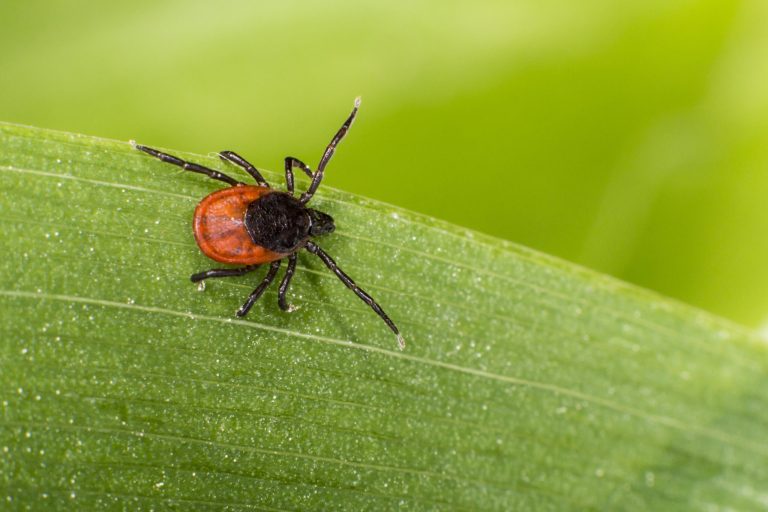
For practitioners engaged in offering complementary and alternative veterinary medicine (CAVM) as part of their therapeutic regimen, it is helpful to know how receptive horse owners are to these modalities.
A study in the United Kingdom analyzed on-line questionnaires provided to 423 horse owners between November 2015 and January 2016. Eighty-five percent of the respondents had experienced musculoskeletal problems with their horses.
Information revealed in the questionnaires regarding treatment for horses is as follows:
- 81% of respondents were willing to try some sort of alternative therapy
- 71% of owners have included massage therapy as treatment
- 59% have used chiropractic treatment
- 54% used magnetic therapy, although efficacy has not been established in the scientific community
- 4% had never used a complementary treatment for their horses.
Veterinarians often refer clients to equine massage therapists and chiropractors, adding to the reasons why these are popular therapies.
In regards to horse owners’ feelings about their veterinarians and veterinary care:
- 81% opted to try new therapies “regardless of their vet’s opinions”
- 84% were “satisfied” or “very satisfied” with their current equine veterinarian
- 17% stated that they would consult their vet before trying alternative treatments.
The study concluded that, “Owners should look to veterinary-recommended, registered practitioners to preserve the client-veterinarian relationship and facilitate the development and further integration of CAVM into veterinary medicine.”








